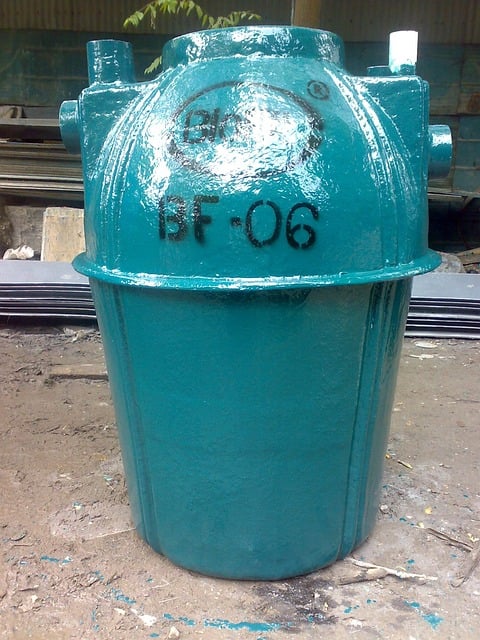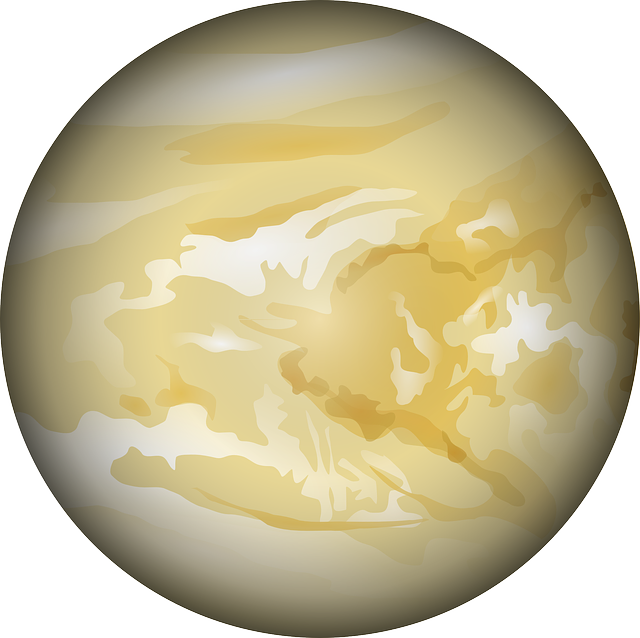Unaware habits like flushing non-biodegradable items and using harmful chemicals can jeopardize septic systems, disrupting decomposition and leading to costly repairs. Educating household members, promoting responsible disposal methods, and regularly pumping and inspecting the system are crucial for maintaining a healthy, efficient septic system. Avoiding specific substances and adhering to proper maintenance practices extend the lifespan of the system and prevent long-term financial burden.
“Avoid costly septic system failures with our comprehensive guide on what not to flush. Homeowners often make mistakes by disposing of common household items that can damage this delicate ecosystem. Learn about the top septic system blunders and discover essential maintenance tips. From preventing clogs to stopping leaks, this article provides practical advice for optimal septic system health. Implement these strategies to ensure a well-functioning, long-lasting septic system.”
- Common Household Items That Can Damage Your Septic System
- Septic System Maintenance Tips to Avoid Costly Mistakes
- Preventing Clogs and Leaks: What You Shouldn't Flush
Common Household Items That Can Damage Your Septic System

Many homeowners aren’t aware that certain household items can wreak havoc on their septic system if flushed down the toilet or disposed of incorrectly. While septic systems are designed to break down organic waste, they have limitations when it comes to non-biodegradable materials. Common culprits include wet wipes, feminine hygiene products, and sanitary napkins—all of which can clog pipes and disrupt the delicate balance of bacteria essential for proper decomposition.
Additionally, certain chemicals and substances, like bleach, ammonia, and cooking oil, should never be introduced into a septic system. These items can kill the beneficial bacteria, disrupt the treatment process, and even cause structural damage to the tank over time. Regularly reviewing what not to flush is key to maintaining a healthy septic system, ensuring its longevity, and avoiding costly repairs or replacements. Prioritizing proper disposal methods and educating household members about responsible septic system maintenance are vital steps towards preventing these issues.
Septic System Maintenance Tips to Avoid Costly Mistakes

Proper septic system maintenance is key to preventing costly mistakes and ensuring your system operates efficiently for years to come. One of the most important tips is to never flush non-biodegradable items down the toilet or sink. This includes products like wet wipes, sanitary products, and even certain types of food waste. These items can clog pipes and disrupt the delicate balance of bacteria needed for proper decomposition within your septic tank.
Regular pumping and inspection are also vital. Homeowners should schedule professional maintenance at least once a year to prevent buildup and ensure the system is functioning optimally. By keeping up with these simple yet crucial steps, you’ll avoid common pitfalls and extend the life of your septic system, saving you money in the long run.
Preventing Clogs and Leaks: What You Shouldn't Flush

To keep your septic system running smoothly, it’s essential to understand what not to flush. Common household items that should never make their way into the toilet include coffee grounds, cooking oil, and grease—these substances can solidify in the cold temperatures of the septic tank, causing clogs. Similarly, flushable wipes, sanitary products, and disposable diapers are major culprits; these items do not break down easily and can disrupt the delicate balance of bacteria within your septic system, leading to costly repairs.
Additionally, avoid flushing chemical cleaners, pesticides, and automotive fluids. These substances can poison the beneficial bacteria in your septic tank, which are responsible for breaking down waste. Leaks from damaged pipes or appliances should also be addressed promptly to prevent excessive water from overwhelming the system. Regular inspections and maintenance, including professional pumping every 3-5 years, are key to preventing clogs and leaks, ensuring optimal performance of your septic system, and avoiding expensive repairs.
Homeowners often make costly mistakes by flushing inappropriate items down the toilet, leading to septic system damage. To avoid these pitfalls, remember that your septic system is a delicate balance of bacteria and natural processes. Avoid flushing non-biodegradable items, sanitary products, and food scraps to prevent clogs and leaks. Regular maintenance, including periodic pumping and inspection, is essential for keeping your septic system in optimal condition. By following these simple tips, you can ensure the longevity of your septic system and avoid expensive repairs.
